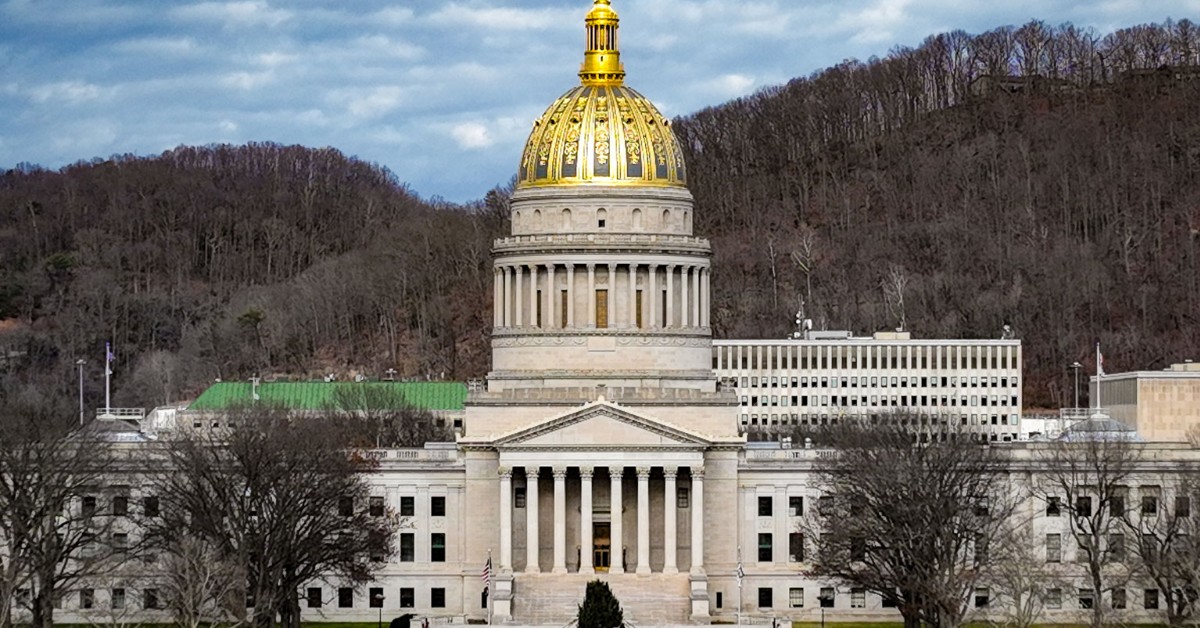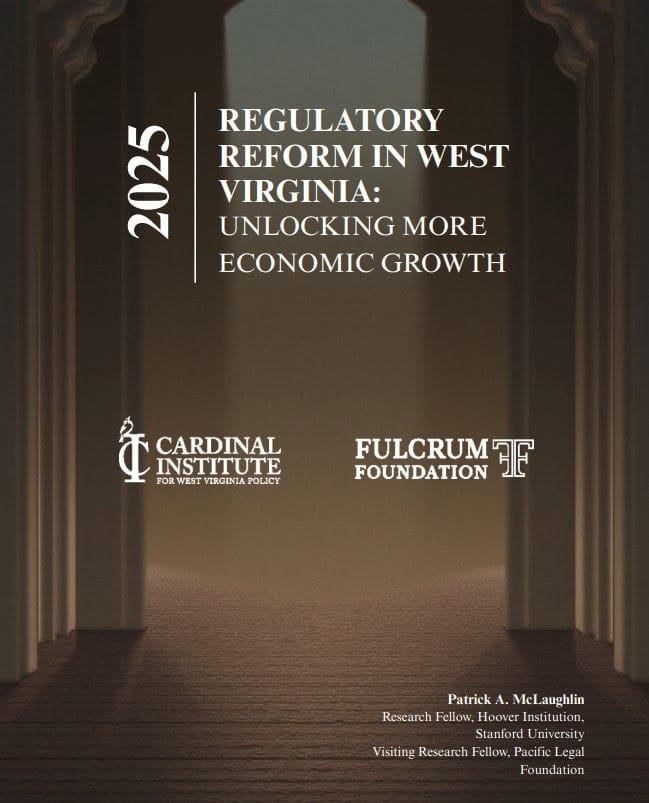
West Virginia Conservatism 2.0: Another Perspective
Disclaimer: Blog Pieces Do Not Necessarily Represent Cardinal’s Official Position On a Given Policy, Idea, Etc., Rather They’re Intended to Provoke Conversations
New Year, New Era of Conservatism in West Virginia
Happy New Year West Virginia!
As we move into a new year, with a new legislature and a new governor in waiting, ten years since conservatives took control of the state legislature, we look around and must wonder: where do we go from here? After ten years of conservative governance, as our President and CEO Garrett Ballengee details, many low-hanging policy fruit have been picked by our conservative legislators. We now have a Mountain State with a business-friendly legal climate, education freedom, and lower income taxes.
There are still no-brainers that need to be implemented, many of which I have written about before: eliminating Certificate of Need laws, reforming benefit cliffs, and reevaluating our occupational licensure requirements. But again, those are no-brainers, straightforward and agreeable to most conservatives. However, West Virginia should chart new territory in its second decade of conservative governance. Conservatism 2.0 deserves to be discussed, debated, and prepared for the next ten years of West Virginia governance. And I have some thoughts. Here are three policy areas where West Virginia conservatives should lead the country.
Pro-Family Policies
Marripedia estimates that less than half of teenagers aged 15-17 in West Virginia live in a home with their always-married biological parents. Conservatism does not exist without the family and while the family is not the basic unit of society, it is the most important. Poor outcomes in familial realm lead to disastrous results in educational attainment, child abuse rates, and criminality.
To combat this, West Virginia conservatives should push for investment in the family through tax advantages. Two initiatives could help. Policymakers could consider child tax credits similar to those we receive on our federal returns. And corporate tax rebates for businesses that offer paid parental leave would be an option as well. Milton Friedman once said that cutting taxes was appropriate at any time and for any reason. West Virginia can focus our cuts, credits, and rebates toward strengthening the West Virginia family.
Energy Agnosticism
West Virginia has a rich history of providing the United States with energy through our mining of coal. While coal mining should continue while coal is competitive in the energy market, West Virginia should prepare for the day when other sources of energy may crowd coal out of the market. Our legislature should declare open season for all forms of energy to call West Virginia home. This could be solar farms on old strip mines, hydroelectric power on our rivers, and small modular nuclear reactors (SMNRs). West Virginia, via these means, could continue providing the energy that keeps America running for generations to come.
Encouraging Local Charity
Those best suited to help a community likely already live there. They understand their neighbors better than anyone and have experienced the same community dynamics. West Virginia should acknowledge this by strengthening local organizations who help those in need in their immediate areas.
First, West Virginia must embrace faith-based initiatives and allow them to operate according to their principles. The NAPA Legal Institute gives West Virginia a bottom 3 score in their Faith and Freedom Index, which seeks to evaluate government friendliness toward faith-based initiatives. West Virginia should provide religious exemptions to nondiscrimination statutes. This would allow faith-based organizations to operate within their moral bounds, ease audit requirements for these small organizations to the minimum that would ensure compliance, and allow organizations to incorporate expressly as nonprofit religious corporations, providing benefits for doing so.
Secondly, whether a charity organization is faith-based or not, as long as they are local in scope, enhanced tax benefits could be extended to promote giving to these organizations. While economies of scale may be harder to come by, being provided for by those closest to you could help communities retain a sense of close-knittedness, fostering social cohesion.
Conclusion
While Conservatism 1.0 has provided West Virginia with what she needs to make strides in many areas, there is still work to be done. This work should come as a welcome burden to proud Mountaineers who want West Virginia to remain Almost Heaven and perhaps make the comparison even more apt. Conservatism 1.0 may have picked the low-hanging fruit, but Conservatism 2.0 starts on the ground, in localities and communities. Conservatism 2.0, like its predecessor, will benefit the wallet, but should also benefit the soul. Let’s commit to doing anything we can to keep West Virginia, West Virginia.








